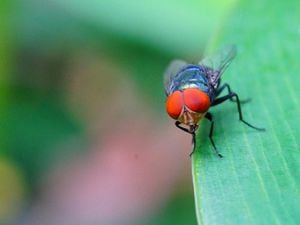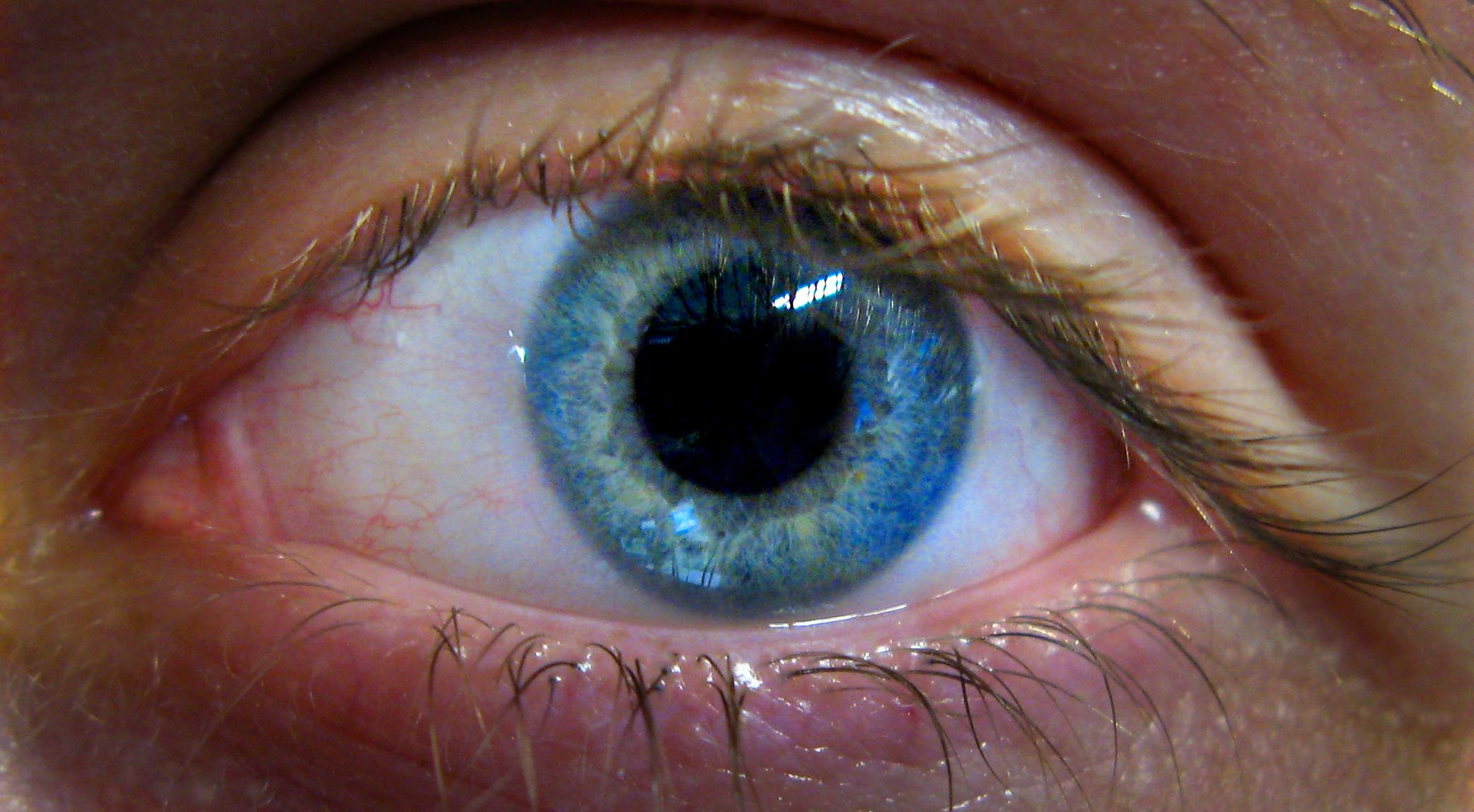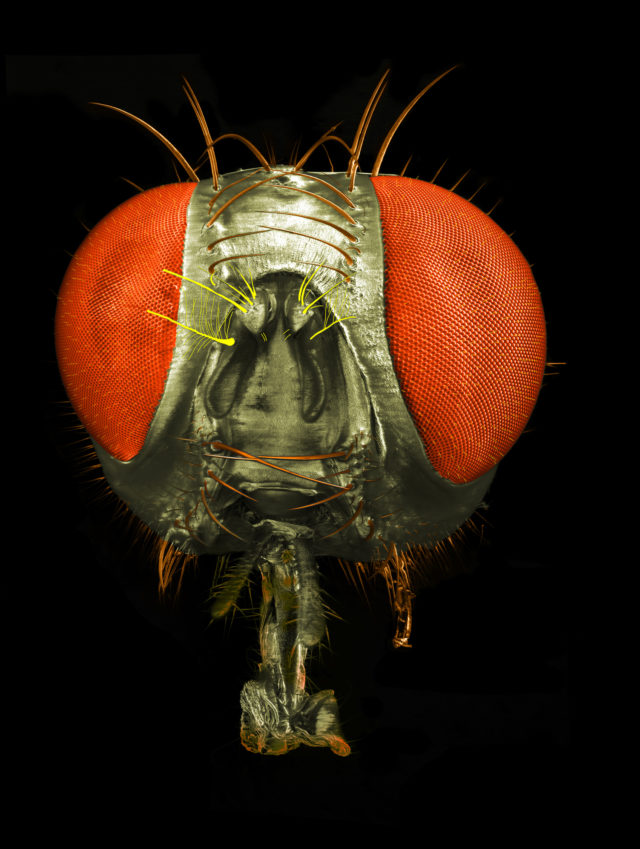It turns out insects have pretty good eyesight after all
We might have under-estimated insects’ vision all these years

Ever wondered why bugs trapped in your home manage to dodge your rolled-up newspaper so easily, despite supposedly having terrible eyesight?
Well, flies and other insects have better vision than we first thought, a new study from biologists at the University of Sheffield has found.
Scientists had assumed that flies had pretty blurry vision because of their compound net-like eyes.

In contrast, the photoreceptors in fly eyes are more sparse, which up until now lead us to believe that they couldn’t see very well.
In collaboration with scientists from Cambridge, Beijing and Lisbon, researchers designed their own special microscope to film behind fly eyes, and watch how these photoreceptors react to light.

This means fly photoreceptors are better adapted to picking up light and they can probably see small moving objects (like a swat swinging in their direction) quite easily.
Mikko Juusola, Professor of Systems Neuroscience at the University of Sheffield and lead author of the study, said: “We have demonstrated that fruit flies have much better vision than scientists have believed for the past 100 years.”
The research was published in the journal eLife.





